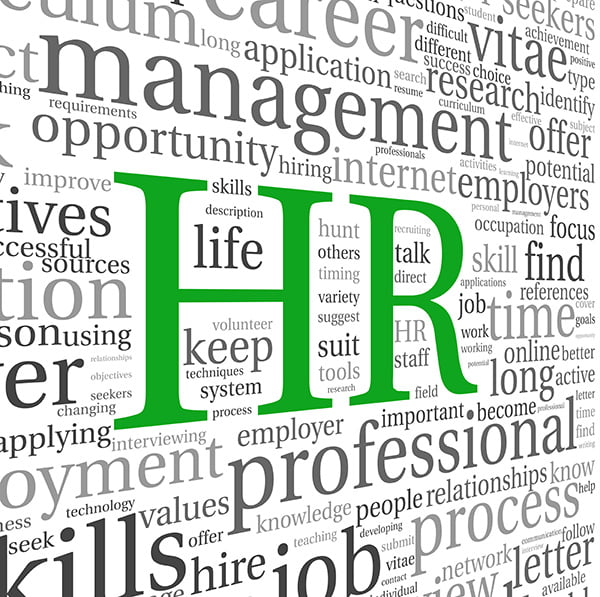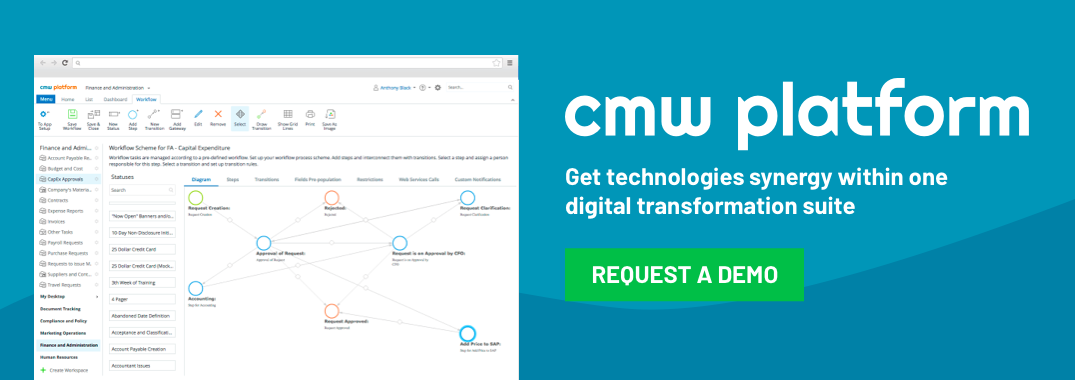Industry Trends and What HR Technology Progressions to Expect in 2015
February 15, 2023
Software Advice, an HR technology reviewer, recently conducted a survey of approximately 200 HR professionals to identify the solutions their organizations currently use, the benefits and challenges tied to such solutions, and their HR technology investment plans for 2015. The survey respondents already use some form of HR software in their organizations.  There are several key takeaways from the survey. One of them notes that 89% percent of the respondents are satisfied with their current HR software – their level of satisfaction ranging from “somewhat satisfied” to “very satisfied.” In terms of methodology, 40% of organizations that exclusively use HR software are extremely satisfied with their current methods versus only 30% of those using manual methods plus HR software. (List of HR solutions.)
There are several key takeaways from the survey. One of them notes that 89% percent of the respondents are satisfied with their current HR software – their level of satisfaction ranging from “somewhat satisfied” to “very satisfied.” In terms of methodology, 40% of organizations that exclusively use HR software are extremely satisfied with their current methods versus only 30% of those using manual methods plus HR software. (List of HR solutions.)
From the above figures alone, it’s safe to assume that as more and more businesses grasp the magnitude of the strain being caused by cross-checking multiple systems to ascertain data accuracy to their HR processes, a move towards exclusive HR technology use is imminent.
Predictions, trends, and technology progressions
The last quarter of 2014 saw various predictions from industry experts and observers for technology trends to expect in 2015. The HR (human resources) space is no exception.
Here are some of the most notable:
And as businesses realize the effectiveness of using one solution to track employee data from applicant tracking to employee onboarding to performance reviews and promotions, single-vendor solutions offering a full suite of integrated technologies for hiring processes, performance tracking, workforce management, compensation, and so on, will be more and more favored.
The cost benefit afforded by virtual learning is a huge advantage for companies with limited training budgets. At the same time, the mobility, and time and location flexibility such systems provide will cater to the needs of global organizations.
As social HR hits the mainstream, companies will “increase mobile adoption for recruitment, time and attendance, learning, goal setting and internal company newsletters,” says Jeanne Meister, a partner with Future Workplace, in a Forbes.com blog post.
As HR professionals recognize the data muscle at their fingertips, more and more businesses will utilize predictive models to better manage their workforce, as they strive to provide their people with improved work environments that foster work-life balance, and assess their skills and personality types for their succession planning initiatives, among other things.
As they begin to appreciate the cost benefits of cloud-based systems and the IT autonomy afforded by simple-to-use HR workflow solutions that can be created, tweaked and configured without much IT intervention, HR clients can keep their data confidential while independently developing their projects.
What other HR technology trends do you expect to happen in 2015?
 There are several key takeaways from the survey. One of them notes that 89% percent of the respondents are satisfied with their current HR software – their level of satisfaction ranging from “somewhat satisfied” to “very satisfied.” In terms of methodology, 40% of organizations that exclusively use HR software are extremely satisfied with their current methods versus only 30% of those using manual methods plus HR software. (List of HR solutions.)
There are several key takeaways from the survey. One of them notes that 89% percent of the respondents are satisfied with their current HR software – their level of satisfaction ranging from “somewhat satisfied” to “very satisfied.” In terms of methodology, 40% of organizations that exclusively use HR software are extremely satisfied with their current methods versus only 30% of those using manual methods plus HR software. (List of HR solutions.) From the above figures alone, it’s safe to assume that as more and more businesses grasp the magnitude of the strain being caused by cross-checking multiple systems to ascertain data accuracy to their HR processes, a move towards exclusive HR technology use is imminent.
Predictions, trends, and technology progressions
The last quarter of 2014 saw various predictions from industry experts and observers for technology trends to expect in 2015. The HR (human resources) space is no exception.
Here are some of the most notable:
- Holistic approach to HR
And as businesses realize the effectiveness of using one solution to track employee data from applicant tracking to employee onboarding to performance reviews and promotions, single-vendor solutions offering a full suite of integrated technologies for hiring processes, performance tracking, workforce management, compensation, and so on, will be more and more favored.
- Virtual learning systems for employee training
The cost benefit afforded by virtual learning is a huge advantage for companies with limited training budgets. At the same time, the mobility, and time and location flexibility such systems provide will cater to the needs of global organizations.
- Mobile
As social HR hits the mainstream, companies will “increase mobile adoption for recruitment, time and attendance, learning, goal setting and internal company newsletters,” says Jeanne Meister, a partner with Future Workplace, in a Forbes.com blog post.
- Big data and analytics
As HR professionals recognize the data muscle at their fingertips, more and more businesses will utilize predictive models to better manage their workforce, as they strive to provide their people with improved work environments that foster work-life balance, and assess their skills and personality types for their succession planning initiatives, among other things.
- IT autonomy
As they begin to appreciate the cost benefits of cloud-based systems and the IT autonomy afforded by simple-to-use HR workflow solutions that can be created, tweaked and configured without much IT intervention, HR clients can keep their data confidential while independently developing their projects.
What other HR technology trends do you expect to happen in 2015?



